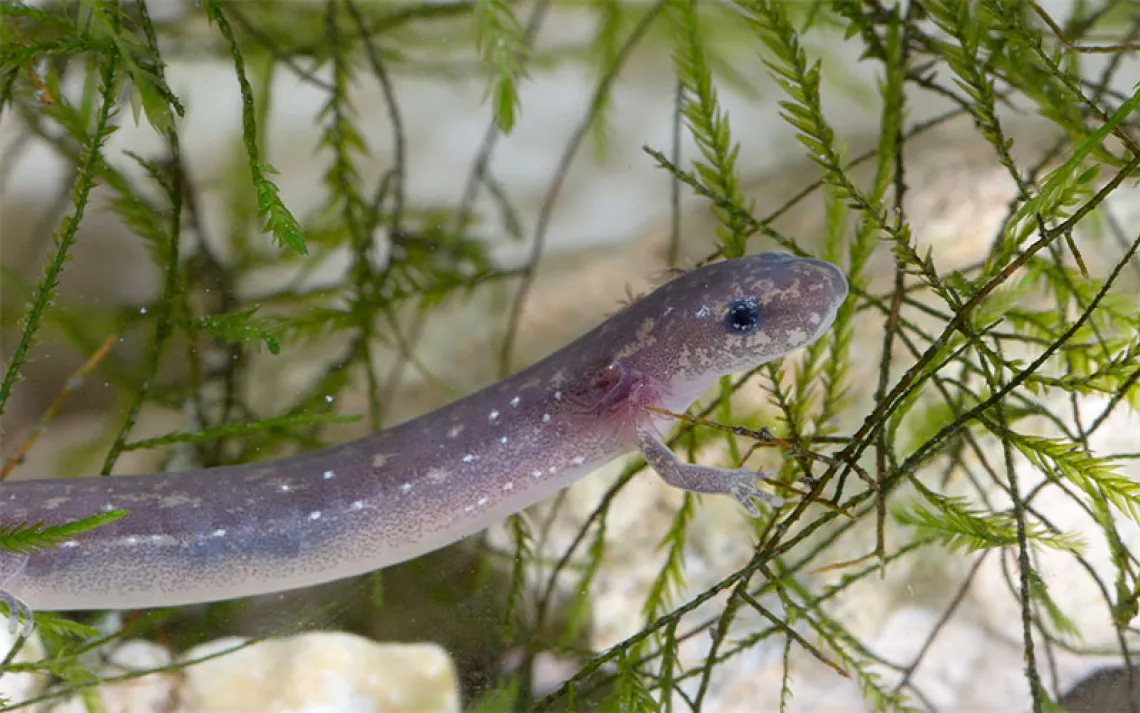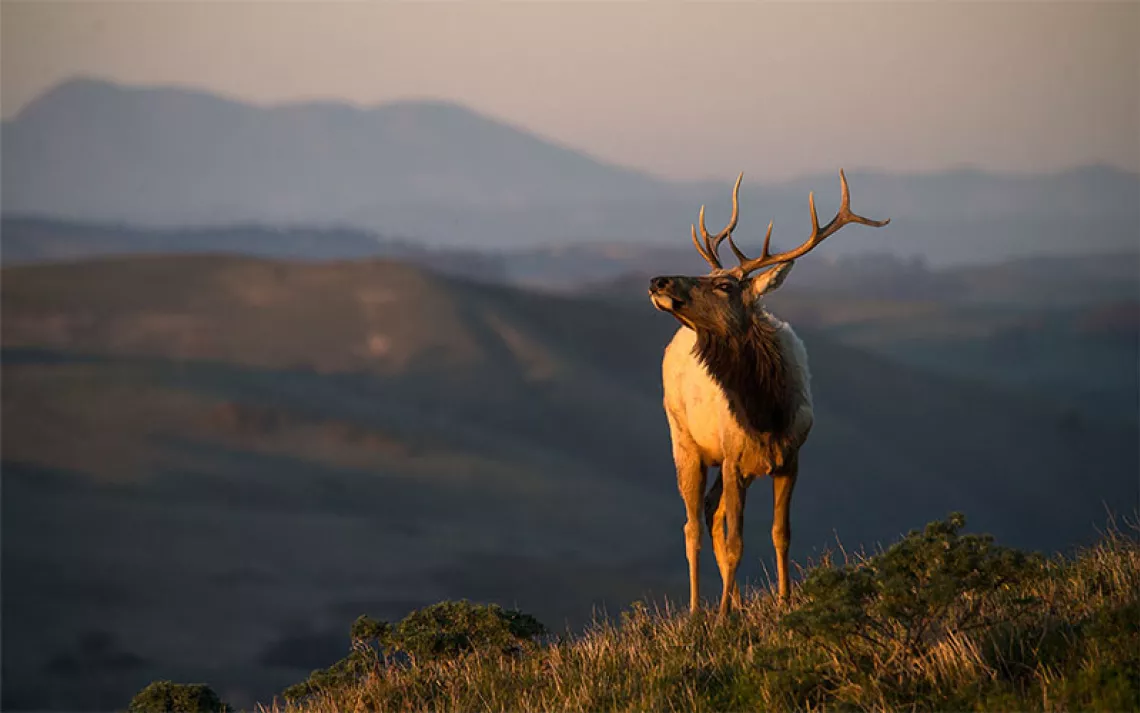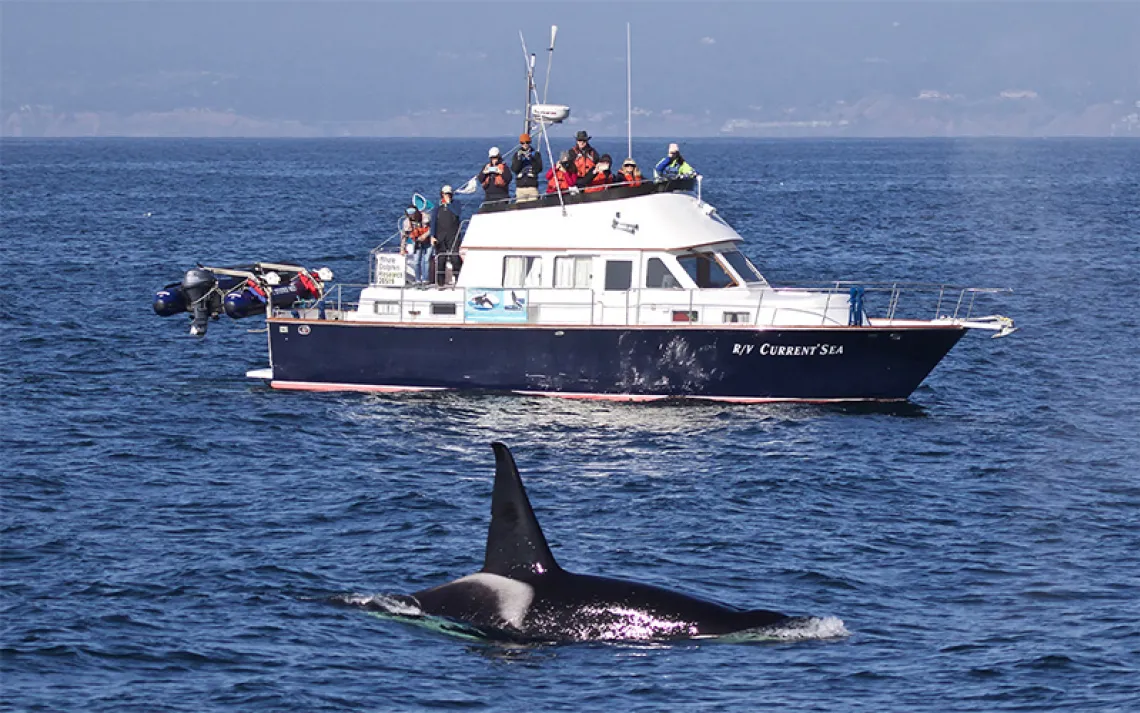Greater Sage Grouse
Ruler of the Roost

Greater sage grouse | Photo by Bob Smith/National Geographic Stock
Behold the most powerful creature in the West: the greater sage grouse. Its clout stems not from the majestic ruff males puff up to impress the ladies, nor from the intricate courtship dances they perform. Rather, grouse power comes from the broad restrictions on ranching, mining, and oil and gas development that would follow were it to be listed as an endangered species.

Sign up to receive Sierra News & Views
Get articles like this one sent directly to your inbox weekly.
With this action you affirm you want to receive Sierra Club communications and may vote on policy designated by the Sierra Club Board.
Sage grouse are widely–but thinly–spread across 186 million acres in 11 western states. Since they depend on intact sagebrush landscapes unfragmented by roads, drilling rigs, or overgrazing, their numbers are falling sharply. The U.S. Fish and Wildlife Service must make a listing decision in 2015, and that sword of Damocles has prodded federal and state agencies to take grouse conservation very seriously indeed. The Bureau of Land Management is amending 80 land-use plans to benefit the grouse, and the Forest Service is revising 20 of its own.
Forty percent of sage grouse habitat, however, is on private land. The Natural Resources Conservation Service is working with farmers and ranchers to improve grazing practices, stop the spread of conifers that encroach on sagebrush rangeland, and increase cover for nesting grouse to hide in. In return, landowners would be preemptively declared to be in full compliance with the Endangered Species Act, should the grouse be listed. Tim Griffiths leads the NRCS's grouse campaign: "What began as a fear-based effort," he says, "has succeeded in marrying range health to what the sage grouse need."
 The Magazine of The Sierra Club
The Magazine of The Sierra Club



